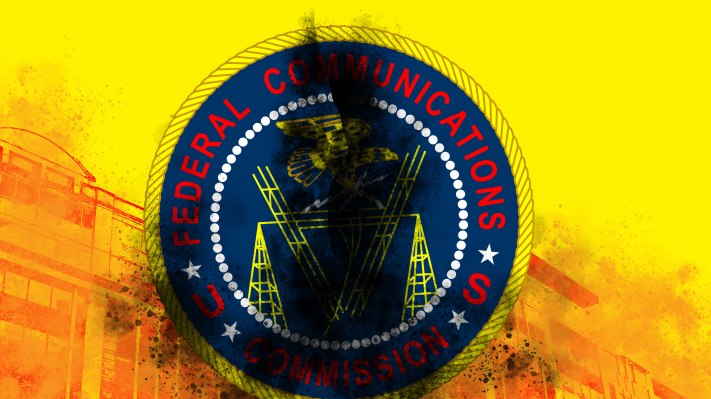In May, when the FCC released an early draft of its plan to undo 2015’s strong net neutrality rules, I pointed out that its case rests almost entirely on a deeply incorrect definition of how the internet works. There can be no mistake now that this misrepresentation is deliberate; the agency has reiterated it in even stronger terms in the final draft of the proposal.
I’m not going to go into great detail on it (my earlier post spells it out) but the basic problem is this: broadband has to be defined as either an information service or telecommunications service. The first is “the offering of a capability for generating, acquiring, storing, transforming, processing, retrieving, utilizing, or making available information,” while the second is “the transmission, between or among points specified by the user, of information of the user’s choosing, without change in the form or content of the information as sent and received.”
It’s important because the two things are regulated very differently — the FCC has much greater power over telecommunications services, under the “Title II” authority that internet service providers are so afraid of.
While it’s certainly true that ISPs do in some ways store and generate data on behalf of the user, usually as part of managing their networks, it’s equally certain that their primary purpose is to transmit data between the user and points of his or her choosing. Consequently, broadband should be classified as a telecommunications service.
But don’t take my word for it. The FCC made the argument for me in its 2015 order, citing many sources of its own in support of this fact. This excellent primer produced by the EFF and nearly 200 experts explains basically from first principles how the internet works and why it should be defined as telecommunications. There are big names on the list, but it seems clear that even the garden variety experts understand this much more clearly than the FCC does (or pretends to).
The FCC dismisses these scholars and founding technologists of the internet in a footnote, describing itself as “unpersuaded” that the internet works the way they insist it does. Meanwhile, the proposal repeatedly and unquestioningly cites the comments of ISPs claiming that something as simple as caching data magically exempts them from being telecommunication services:
The resulting definition of broadband as enabling users to generate, store, transform, and process their data is absurd. It is, as the Internet Engineers comment points out, like saying your phone is a pizzeria because you can use it to order a pizza. It is like saying that because you build a road, you are also building all the businesses along that road.
It is edge providers like Wikipedia, Dropbox, and even simple websites like TechCrunch that provide the services users request; it is ISPs that carry that data, with no change in form, between users and those edge providers. The FCC rejects this fundamental idea and substitutes a convenient fiction that upholds its current ambition to reclassify broadband. There is a semblance of plausibility to all this, but only because of precedents set in times when the internet looked very different.
This may be their downfall. Because the entire proposal is predicated on this spurious and outdated definition, to remove it causes the rest to crumble. Without reclassification there is no rollback of net neutrality. There is hope here: the FCC’s argument (which is to say, the broadband industry’s argument) already failed in court and may do so again. Here’s hoping.

